Proposal to establish a specialized committee on public real estate
After merging administrative units under the policy of streamlining the apparatus, a large amount of public real estate - including headquarters, land, state assets... is at risk of being wasted and used ineffectively if there is no clear and transparent management mechanism.
Regarding this issue, in an interview with Tien Phong reporter, Prof. Dang Hung Vo - former Deputy Minister of Natural Resources and Environment (now the Ministry of Agriculture and Environment) - said that restructuring administrative units is necessary and consistent with the orientation of apparatus innovation. However, a consequence is the surplus of headquarters and public assets after administrative agencies are dissolved or merged.
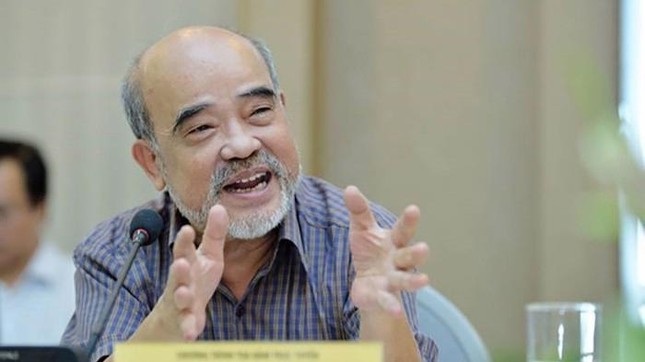 |
| Professor Dang Hung Vo. |
"The surplus public assets after the restructuring of the apparatus is not a new problem. Since our country switched from a subsidy mechanism to a market mechanism (since 1986), there has been a large amount of surplus public assets. In 2001, the Prime Minister issued a decision on the rearrangement of land use in the public sector. This decision was piloted in Ho Chi Minh City, and 5 years later the Prime Minister issued a decision to apply it nationwide. At this time, public assets had been transformed and lost a lot," said Mr. Vo.
According to Mr. Vo, in the past, public assets were handled by equitization into state-owned enterprises and public service units. However, reality has proven that this is ineffective and causes great losses.
“Currently, the mechanism for managing public assets is still fragmented and unclear. There are assets used by the central government but located in the provinces and cities - where the management authority is assigned. So which provincial or municipal unit dares to request the central government to hand over public land?”, Mr. Vo raised the question.
Mr. Vo also said that without synchronous coordination and effective usage mechanisms, hundreds of old buildings will fall into a state of abandonment, degradation, or even be exploited for non-transparent transfers, causing loss of state assets.
To avoid loss and wasteful use, Mr. Vo proposed establishing a specialized committee to manage public real estate with full authority, responsible for statistics, supervision and decision making on the use, liquidation or auction of surplus public assets after the merger.
"The final decision-making power should belong to the Government. We cannot let the central government use it, the local government manage it, and then no one dares to handle it," Mr. Vo emphasized, adding that the recovery and conversion of public land use purposes can become a great resource if managed transparently and publicly through auctions and bidding. This is not only a solution for effective use of public assets, but also a significant source of revenue for the budget.
Re-planning surplus public land and housing funds, prioritizing public purposes
Mr. Le Hoang Chau - Chairman of the Ho Chi Minh City Real Estate Association (HoREA) - said that in order to effectively use the surplus land fund after the merger, it is necessary to re-plan this land fund. On the basis of that planning, first of all, priority must be given to land funds serving public interests (health, education, parks, trees, etc.). Next, priority must be given to arranging surplus land funds for resettlement housing projects to serve key projects that currently need this resettlement housing fund, such as public investment projects, PPP projects, private investment projects to develop urban infrastructure and transport infrastructure.
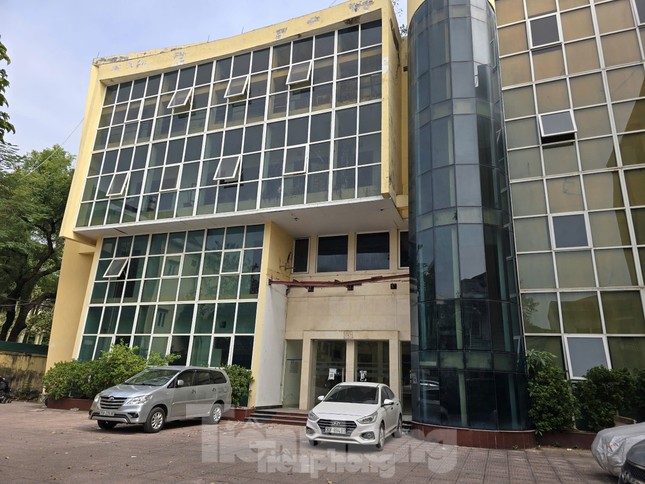 |
An abandoned public building in Hanoi. |
In addition, priority is given to developing social housing projects in localities. Planning for the development of low-cost commercial housing to implement the National Assembly's pilot Resolution 171 allows the use of land other than residential land for commercial housing projects.
“To implement effectively, when approving the project, it is even possible to assign it to a state-owned enterprise to help restructure the current imbalanced real estate market,” said Mr. Chau.
In addition, according to Mr. Chau, public auctions in prime locations create large revenues for the state budget, contributing to creating a transparent, fair, and healthy investment and business environment.
According to statistics from the Ministry of Finance, by the end of 2024, there will be 11,034 public land and housing facilities that are not in use, are used inefficiently, or are not used for the right purposes. In February 2025, the Ministry of Finance issued a document guiding the handling of public assets when streamlining the apparatus. Then, on April 15, 2025, the Ministry of Finance continued to issue a document providing additional guidance on the arrangement, placement, and handling of public assets when rearranging and reorganizing administrative units and building 2-level local governments. In addition, the Ministry of Finance has just sent a document to the People's Committees of provinces and centrally run cities to direct the review and assignment of management tasks for specialized land and housing funds, surplus land and housing funds of localities, etc.
Source: https://tienphong.vn/nha-dat-cong-doi-du-sau-sap-nhap-uu-tien-su-dung-the-nao-dau-gia-ra-sao-post1737782.tpo


![[Photo] Hanoi is brightly decorated to celebrate the 50th anniversary of National Reunification Day](https://vphoto.vietnam.vn/thumb/1200x675/vietnam/resource/IMAGE/2025/4/29/ad75eff9e4e14ac2af4e6636843a6b53)
![[Photo] Prime Minister Pham Minh Chinh meets to prepare for negotiations with the United States](https://vphoto.vietnam.vn/thumb/1200x675/vietnam/resource/IMAGE/2025/4/29/76e3106b9a114f37a2905bc41df55f48)
![[Photo] General Secretary attends special art program "Spring of Unification"](https://vphoto.vietnam.vn/thumb/1200x675/vietnam/resource/IMAGE/2025/4/29/e90c8902ae5c4958b79e26b20700a980)
![[Photo] Ho Chi Minh City: People are willing to stay up all night to watch the parade](https://vphoto.vietnam.vn/thumb/1200x675/vietnam/resource/IMAGE/2025/4/29/cf71fdfd4d814022ac35377a7f34dfd1)

![[Photo] Nghe An: Bustling atmosphere celebrating the 50th anniversary of Southern Liberation and National Reunification Day](https://vphoto.vietnam.vn/thumb/1200x675/vietnam/resource/IMAGE/2025/4/29/64f2981da7bb4b0eb1940aa64034e6a7)

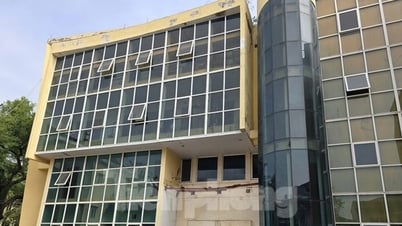


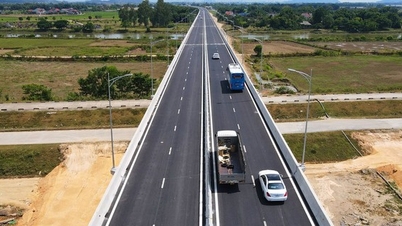
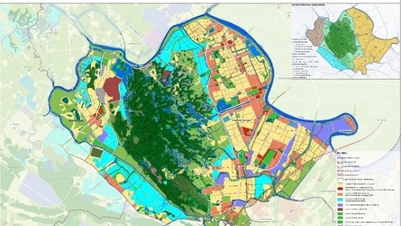










![[Photo] People choose places to watch the parade from noon on April 29](https://vphoto.vietnam.vn/thumb/1200x675/vietnam/resource/IMAGE/2025/4/29/3f7525d7a7154d839ff9154db2ecbb1b)















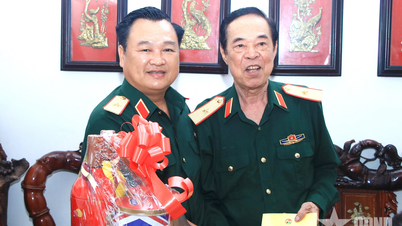











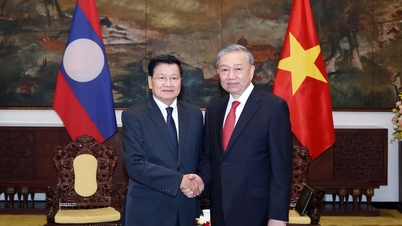

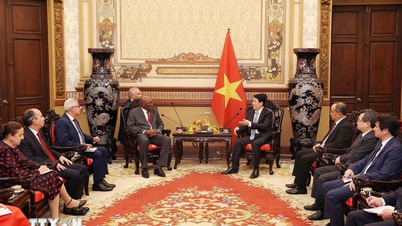


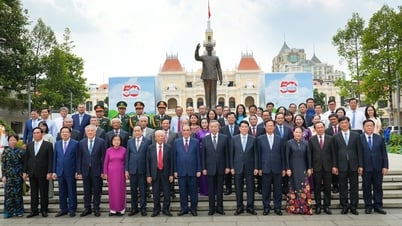








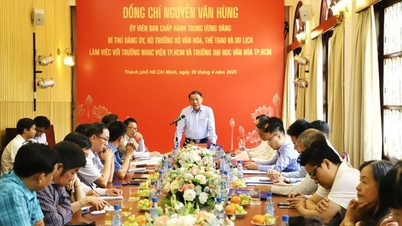
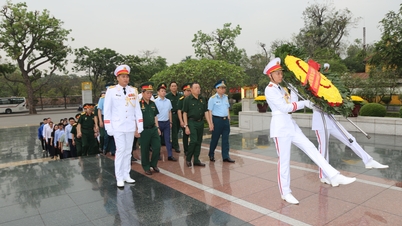

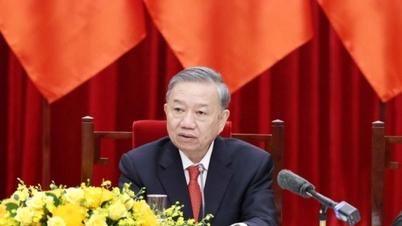




















Comment (0)